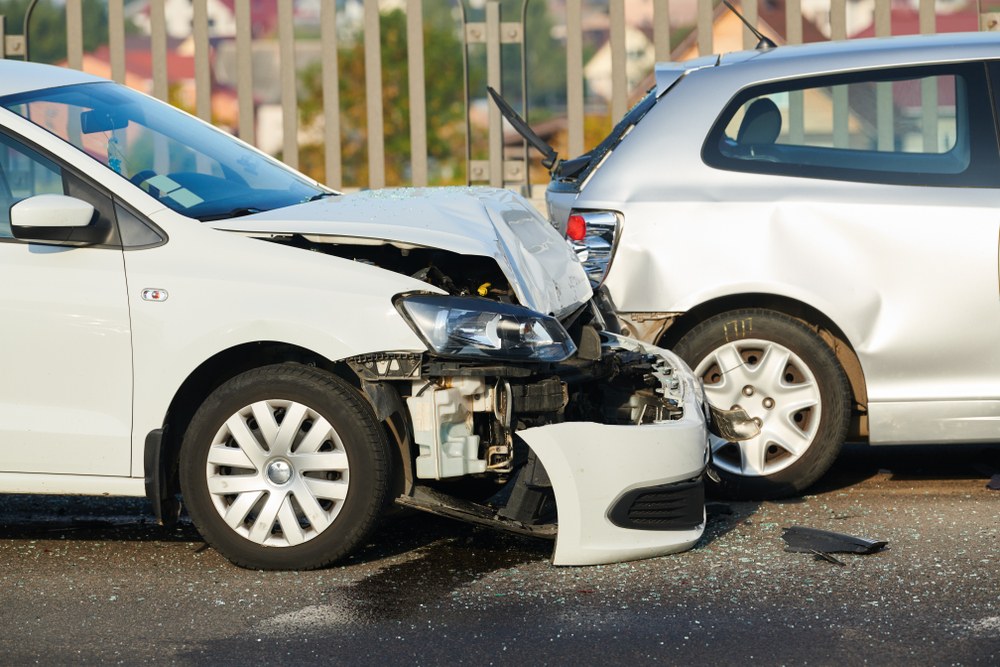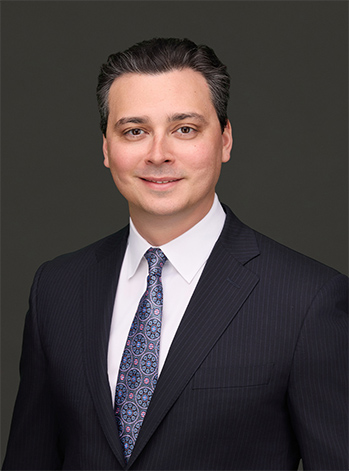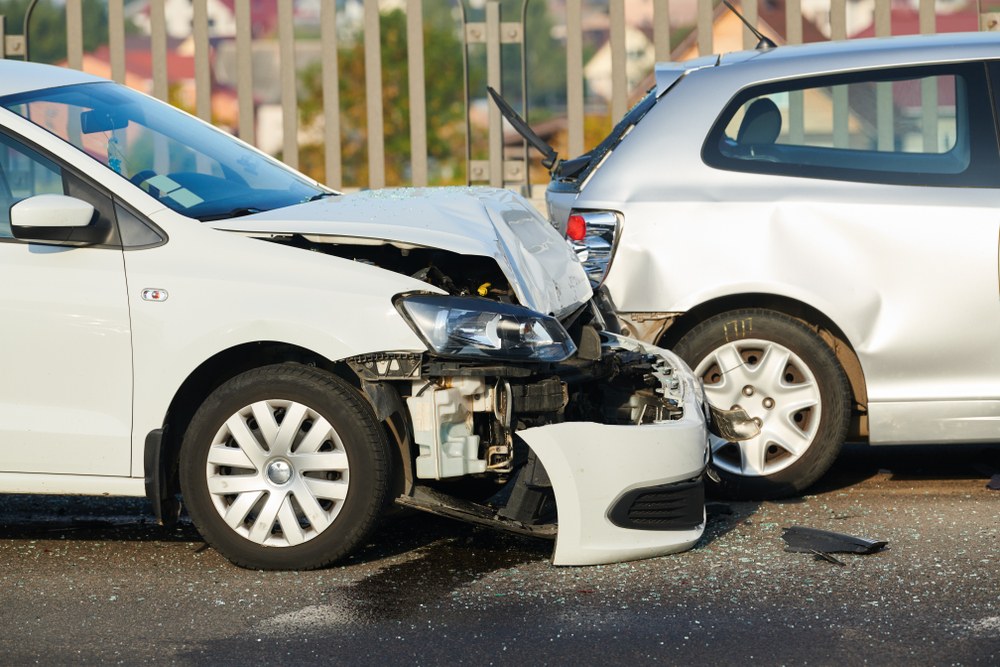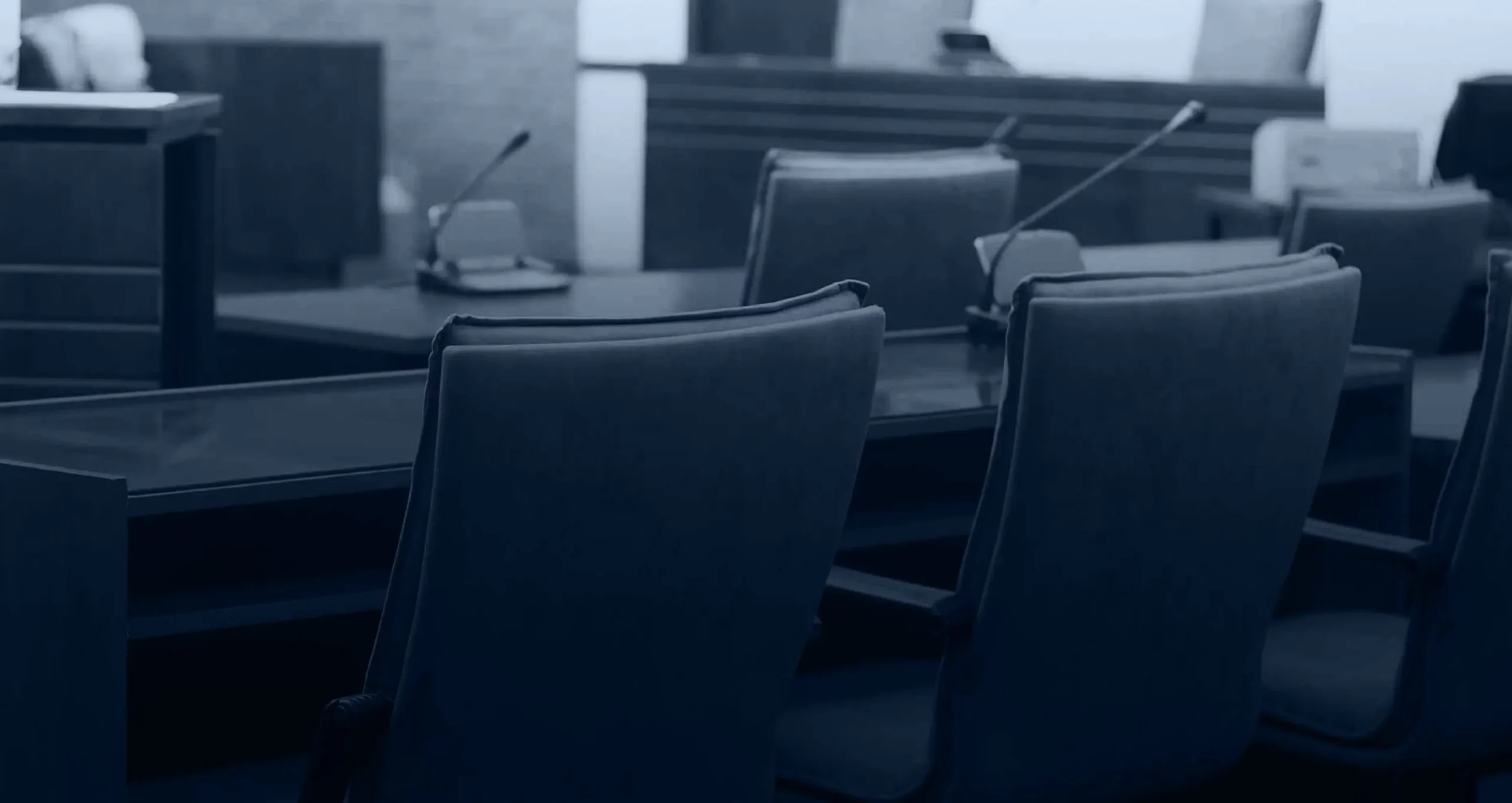Someone is always at fault in a car accident, whether it’s you, another driver, or a third driver who caused you to hit someone or another driver to hit you. Determining fault is sometimes very easy, but more often, it’s complicated.
The police and insurance companies try to determine who is at fault. However, despite common belief, the police report and the insurance investigation are never the be-all-end-all of determining fault. The police can only put what they see in the report. If someone lies and the police don’t catch on, the report points to you.
Insurance companies often investigate the crash but sometimes don’t go to the crash scene. They may also miss evidence. And their clients can also lie. After all, whoever is at fault could end up with a citation from the police and increased insurance premiums. In some cases, insurance companies drop their clients—all excellent motivation for someone to lie. A Chicago car accident lawyer can help you to gather evidence to build a strong case for their client.
How a Police Officer Determines Fault in a Car Accident?

When the police show up at an accident, to determine fault, they check:
- Injuries for those involved in the wreck.
- The position of the vehicles.
- Damage to the vehicles.
- Damage to the road, including skid marks.
- Damage to nearby property.
Additionally, the police interview you, the other driver or drivers involved, passengers in the vehicles involved in the crash, and any witnesses. The officer uses this information to create a police report. The report might, but often doesn’t, include a statement about who is at fault.
The officer might cite one or both drivers based on the officer’s cursory investigation if the officer believes one or both drivers broke the law, such as running a stop sign. A traffic citation is not definite proof of guilt. However, the attorneys yours and the insurance company’s will use it as evidence to show the other party was at fault.
The problem with citations is that the receiver can fight them in court and prove that the police officer incorrectly concluded you broke the law.
How an Insurance Company Determines Fault in a Car Accident?
Once you file a car accident claim with the insurance companies, they will investigate the accident. An adjuster oversees the investigation and the settlement.
The adjusters take many of the same actions as the police when they investigate the case, including:
- Reviewing medical reports.
- Reviewing the police report.
- Checking the damage to the vehicles.
- Checking damage to the road and nearby property.
- Interviewing witnesses.
- Verify the details of the insurance policies for the drivers.
In some cases, the insurance adjuster will go to the accident scene usually if the road or nearby property sustained damage because of the wreck.
Once the insurance companies have all the information and evidence needed, they assign fault and pay or not accordingly. Unlike police officers, insurance companies use the legal definition of negligence to determine fault.
Determining Who is at Fault in Court
If the at-fault driver’s insurance company refuses to accept that its client is at fault or refuses a fair and reasonable settlement, you might choose to litigate your case. The court also uses the legal definition of negligence to determine fault.
However, if you choose to litigate, your car accident lawyer has a legal team who can investigate the accident, depose witnesses, and, in court, call witnesses to testify under oath.
Additionally, car accident attorneys might work with expert witnesses, including accident recreation experts and medical experts. Once your attorney presents all of the evidence to the jury, it decides who was at fault in the accident. The difference between the police, insurance company, and court determining fault is that the court often has more evidence and information to work from and can make a more informed determination.
Determining Negligence in a Car Accident
In addition to reviewing all of the evidence generated in a car accident case, the court or jury can only assign negligence based on the four elements that define negligent behavior.
The four elements of negligence include:
- Duty of care. Every driver on the road has a duty to ensure that the driver’s actions do not endanger others on the road.
- The defendant/driver breached the duty of care. If a defendant speeds, ignores traffic control signals, drives aggressively and/or recklessly, or otherwise breaks traffic laws, the driver breaches the duty of care.
- The defendant’s actions directly caused your injuries. For example, a defendant who runs a red light and crashes into you causes an accident if your light is green.
- You suffered financially because of the defendant’s actions.
The court must find that the defendant meets all four elements, or it cannot rule that the defendant was negligent. Courts use witness testimony, police reports, medical records, photos of the accident, and more to determine who was at fault, then apply the elements of negligence to the situation.
Types of Evidence a Car Accident Lawyer Might Use to Prove Your Case
Gathering evidence is extremely important in proving your case. The more documentation and evidence you have, the more likely you will prevail. You also need evidence to warrant more significant compensation awards.
For example, one doctor stating your injuries caused permanent disabilities is not as good as two doctors stating the same, especially if attorneys and the court frequently use one of the doctors as an expert witness for injuries.
Evidence that helps prove negligence in accident cases includes:
- Property damages, including skid marks on the road, damage to vehicles, and damage to yards, mailboxes, trees, and fences. If possible, take photos at the accident scene to help preserve the evidence.
- Allowing the emergency medical technicians to check you at the scene starts a paper trail for injuries. Even if you don’t think your injuries are serious, you should allow the EMT to check you over so you have documentation of any injuries that might worsen. Always seek medical attention immediately after the police release you from the accident scene.
- Many people have dashcams in their vehicles. If you have a dashcam, your attorney may use that to help prove your case. Additionally, homes and businesses often have cameras pointed at or toward the street that might catch the accident.
- Experts might visit the accident scene, examine photos (yours or those the police might have taken), review medical records, police reports, and more to help recreate the accident.
Car Accident Injuries
You can sustain many injuries during a car accident, from minor cuts and bruises to traumatic brain injuries, spinal cord injuries, or even death. Some injuries may not manifest until hours or even days later; others, months later.
Additionally, you could sustain secondary injuries, such as infections or deafness due to an explosion. Because you otherwise would not have received these injuries, the at-fault driver is also responsible for the damages caused by these injuries.
Finally, some injuries could exacerbate existing illnesses and injuries. The at-fault driver is liable for the extra medical expenses and pain and suffering you might sustain because the accident injuries worsened existing conditions.
Injuries might include:
- Cuts, scratches, scrapes, bruises, and bumps.
- Strains and sprains.
- Pulled and torn muscles and other soft tissue injuries.
- Simple and compound fractures.
- Crush injuries, including crushed bones.
- Internal injuries.
- Chemical and/or thermal burns.
- Face and eye injuries.
- Ear injuries, including deafness, if the accident causes an explosion.
- Traumatic brain injuries.
- Head, neck, and shoulder injuries.
- Back and spinal cord injuries.
- Amputation of a digit or limb.
- Psychological injuries, including but not limited to a post-traumatic stress disorder, anxiety, and depression.
Any injury that is an open wound, whether from the accident or surgery after the accident, is prone to becoming infected. If the infection persists, it could lead to gangrene and amputation. The at-fault driver is also responsible for these and other complications that might arise from accident injuries.
Recovering Damages After a Car Accident
Accident victims could recover compensatory damages in the form of economic damages and non-economic damages. Most people in a car accident recover economic damages. However, in most cases, to recover non-economic damages, you must have long-term or permanent disabilities caused by accident injuries, or you must have lost a loved one due to car accident injuries.
While the money doesn’t bring back a loved one or reduce your suffering, it significantly reduces the financial stress you have from being out of work or losing the income from a loved one who died because of a car accident.
Economic Damages
Sometimes referred to as special damages, economic damages have a monetary value and include:
Medical Expenses
If you suffered minor injuries, you might have a few doctors and hospital bills. However, if you sustain severe or catastrophic injuries, you could have medical bills for years or even for the rest of your life.
Medical expenses include:
- Doctors’ appointments.
- Surgeries and follow-up appointments.
- Prescriptions and prescribed over-the-counter medications and medical equipment.
- Ambulatory aids.
- Upgrades to your vehicle, such as hand controls and wheelchair lifts or ramps.
- Upgrades to your home, including handrails, grab bars, widened doorways, and wheelchair ramps.
- Physical therapy.
- Psychological therapy.
- Occupational therapy.
- Cognitive therapy.
- Nursing home or rehabilitative home care.
- Home health aids.
Income
Even if you have minor injuries, you might be out of work for a few days. Regardless of the length of time you are out of work due to your injuries, you could recover compensation for those days or hours.
If your injuries cause long-term or permanent disabilities, you could recover compensation from the time of the accident through the time you would normally retire. Finally, even if you can work part-time or your injuries force you to work full-time at a job that pays less than your previous job, you could still collect compensation for the difference in what you earned before the accident.
Death-Related Expenses
If you lose a loved one in a car accident, you could recover compensation to pay for funeral and burial expenses, cremation expenses, and certain probate court expenses. If you decide to retain a probate attorney, you could recover the probate attorney’s fees and costs.
Non-Economic Damages
Sometimes referred to as general damages, non-economic damages do not have a monetary value and include:
- Pain and suffering, including emotional distress, such as that suffered from losing a loved one, anxiety caused by the accident, or depression caused by dealing with long-term or permanent injuries.
- Loss of quality of life if you must make life-long changes, such as using ambulatory aids, taking prescriptions, or using oxygen.
- Loss of use of a digit or limb, such as a finger or leg.
- Loss of use of a bodily function, such as your eyesight or bladder.
- Loss of companionship if you can no longer enjoy time with the family or attend family activities and events.
- Loss of consortium if you can no longer enjoy a physical relationship with your spouse.
- Amputation of a digit or limb.
- Disfigurement and/or excessive scarring.
Paying for Attorney’s Fees and Medical Expenses

Your initial case evaluation is always free and without obligation. When you retain us, you only pay if you win your case.
Until you receive a settlement, you can use your vehicle and health insurance to cover most medical expenses. For non-covered medical expenses, many doctors will hold off collections if they know you will most likely receive a car accident settlement. Car accident lawyers can draft a ‘letter of credit’ to request that medical professionals wait for your settlement for payment of services. Reach out to a personal injury lawyer.
If you suffered injuries or lost a loved one in a car wreck, contact a car accident lawyer for a free case evaluation as soon as possible.
Contact the Chicago Car Accident Law Firm of Zayed Law Offices Personal Injury Attorneys for Help Today
For more information, please contact the experienced Chicago Car Accident lawyers at Zayed Law Offices Personal Injury Attorneys today. We offer free consultations.
We proudly serve Cook County, Will County, Kendall County, and its surrounding areas:
Zayed Law Offices Personal Injury Attorneys – Chicago Office
10 S La Salle St STE 1230, Chicago, IL 60603
Phone:(312) 726-1616
Hours: Open 24/7
Our firm is located near you. We have an office in Chicago
Find us with our GeoCoordinates: 41.8815493,-87.6327515
Zayed Law Offices Personal Injury Attorneys – Joliet Office
195 Springfield Ave, Joliet, IL 60435
Phone: (815) 726-1616
Our firm is located near you. We have an office in Joliet
Find us with our GeoCoordinates: 41.5254295,-88.1381011













